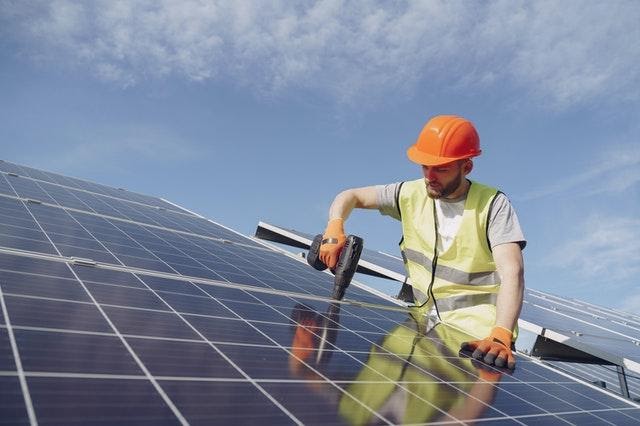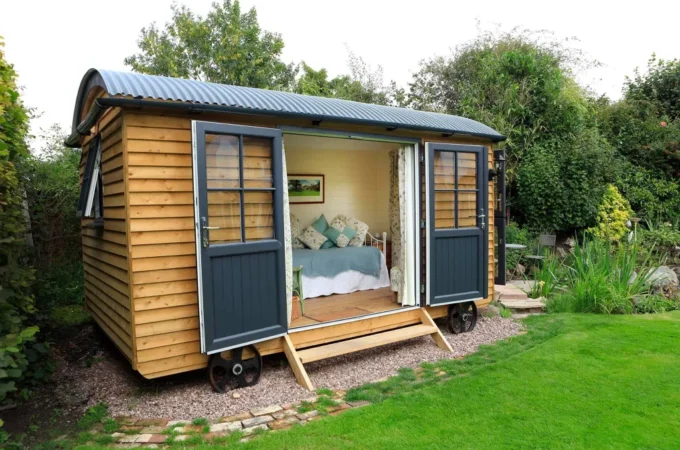
What You Should Know Before Installing Solar Panels on Your Roof
Using solar panels for homes became popular in 2005. Since then, many homes have opted to have solar panels to save on energy costs. The use of solar panels across the United States continues to increase. According to a 2019 report by the Solar Energy Industries Association (SEIA) and Wood Mackenzie Power & Renewables, there are about two million solar installations in the U.S. The projection is that it will increase to three million in 2021, and up to four million by 2023.
Before installing solar panels – what you should know
While using solar energy can give you savings, it is still worth it to know several important considerations. After all, the solar panels will most likely be on your roof, and the panels have considerable weight. The installation is not something that you can brush off as a mistake. You will need the expertise of a professional solar panel installer, which you can find online, like those at Cross Country Solar Rockford il.
Here are some questions you should answer.

Can your roof support the solar panels?
While the cost of solar panel installation has become lower, it is still a big investment. If shade covers your roof for most of the day, it might be an unfavorable location for the panels. This is also an important consideration if you are living in a multi-unit building or renting an apartment. If you cannot decide because you do not own the building where you reside, look into community or shared solar.
If your roof is suitably sunlit, ensure that it is still in good structural shape. If it needs renovation, do it before you install the solar panels. Solar installations today have 20 to 25 years of warranty, but you will pay extra to have the solar array taken down and reinstalled if you need to renovate your roof later.
Check with your neighborhood’s homeowners association to ensure you are not breaking any aesthetic guidelines. Likewise, see to it that you do not have trees that will grow tall and cast shade on your roof later.
Check your energy usage
The amount of energy you use determines how much solar energy you will need. See if you can trim your usage as much as you can before you consider using solar energy. You can request your local government energy office to help you find a professional who can do an energy audit of your home. You may need some efficiency upgrades to cut down your energy consumption.

Which solar technology is for you?
There are two types: photovoltaic and thermal. Photovoltaic has an array of cells to turn sunlight into electricity. Thermal heats water or air by sunlight for indoor use. Thermal is more advisable if you live in an area where heating fuel is expensive or you use more energy to heat your home. But it is hard to find a qualified solar thermal installer.
You can consider connecting to a solar energy grid but make sure you understand the logistics. Consider the pros and cons of buying or renting the solar array and make sure your installer is accredited with the North American Board of Certified Energy Practitioners (NABCEP).
Other Source: https://www.seia.org/news/united-states-surpasses-2-million-solar-installations




